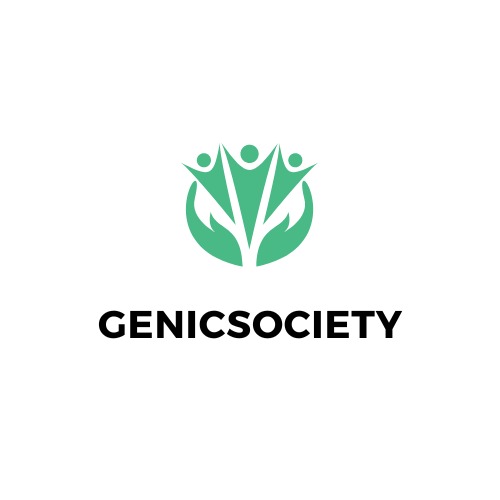A business kitchen operates at the heart of many commercial establishments, from restaurants to catering services. The efficiency and hygiene of these kitchens are crucial for smooth operations and customer satisfaction. To ensure optimal performance, businesses must focus on several essential services. This article delves into two critical aspects of maintaining a business kitchen: Business Grease Trap Cleaning and repipe services.
Business Grease Trap Cleaning
In a commercial kitchen, grease traps are vital components that prevent fats, oils, and grease (FOG) from clogging the plumbing system. Over time, these traps accumulate significant amounts of grease, which can lead to unpleasant odors, potential blockages, and even regulatory violations if not properly maintained. Regular Business Grease Trap Cleaning is essential for several reasons:
- Preventing Blockages: Grease traps that are not cleaned regularly can become overwhelmed, leading to blockages in the plumbing system. These blockages can result in slow drainage, backups, and expensive repairs. Routine cleaning ensures that grease does not accumulate to problematic levels, maintaining a smooth flow in the kitchen’s plumbing.
- Compliance with Regulations: Many local health departments and regulatory bodies have strict requirements regarding grease trap maintenance. Failure to adhere to these regulations can result in fines and even the suspension of business operations. Regular cleaning by a professional service helps ensure compliance with all relevant regulations, avoiding potential legal issues.
- Improving Kitchen Hygiene: A well-maintained grease trap contributes to better kitchen hygiene. Accumulated grease can attract pests and create unpleasant odors, which can affect the overall cleanliness of the kitchen environment. Regular cleaning reduces the risk of such issues, promoting a cleaner and more sanitary workspace.
- Extending Equipment Lifespan: Proper maintenance of grease traps can also extend the lifespan of the kitchen’s plumbing and drainage systems. By preventing excessive buildup and blockages, businesses can avoid premature wear and tear on their equipment, ultimately saving on costly repairs and replacements.
Repipe: Ensuring a Reliable Plumbing System
The plumbing system in a business kitchen is subject to heavy usage and can face various issues over time. Repiping is a crucial service for ensuring the continued reliability and efficiency of the kitchen’s plumbing infrastructure. Key considerations for repiping include:
- Addressing Aging Infrastructure: Older plumbing systems may suffer from issues such as corrosion, leaks, and reduced water flow. Repiping involves replacing old or damaged pipes with new, high-quality materials, addressing these issues and ensuring a reliable plumbing system. This is particularly important in businesses where consistent water flow and pressure are critical for daily operations.
- Enhancing Water Quality: Corroded or outdated pipes can negatively impact water quality, potentially leading to contamination. By repipe with modern materials, businesses can ensure that the water supplied to the kitchen is clean and safe for food preparation. This not only enhances the quality of the food but also contributes to overall kitchen hygiene.
- Preventing Leaks and Water Damage: Leaky pipes can cause significant water damage to the kitchen premises, including damage to floors, walls, and equipment. Repiping helps prevent such issues by replacing old, vulnerable pipes with new ones that are less likely to develop leaks. This proactive approach can save businesses from costly repairs and disruptions.
- Improving Efficiency: Modern repiping solutions often include advanced materials that offer better insulation and resistance to temperature fluctuations. This can lead to improved energy efficiency in the kitchen, as well as reduced heating and cooling costs associated with water systems.
Conclusion
Maintaining a business kitchen involves more than just routine cleaning and cooking operations. Essential services such as Business Grease Trap Cleaning and repipe play a crucial role in ensuring the optimal performance of the kitchen. Regular grease trap maintenance prevents blockages, ensures regulatory compliance, and promotes hygiene, while repiping addresses issues related to aging infrastructure, enhances water quality, and prevents leaks. By investing in these services, businesses can maintain a well-functioning, efficient, and hygienic kitchen environment, ultimately supporting their operational success and customer satisfaction.
